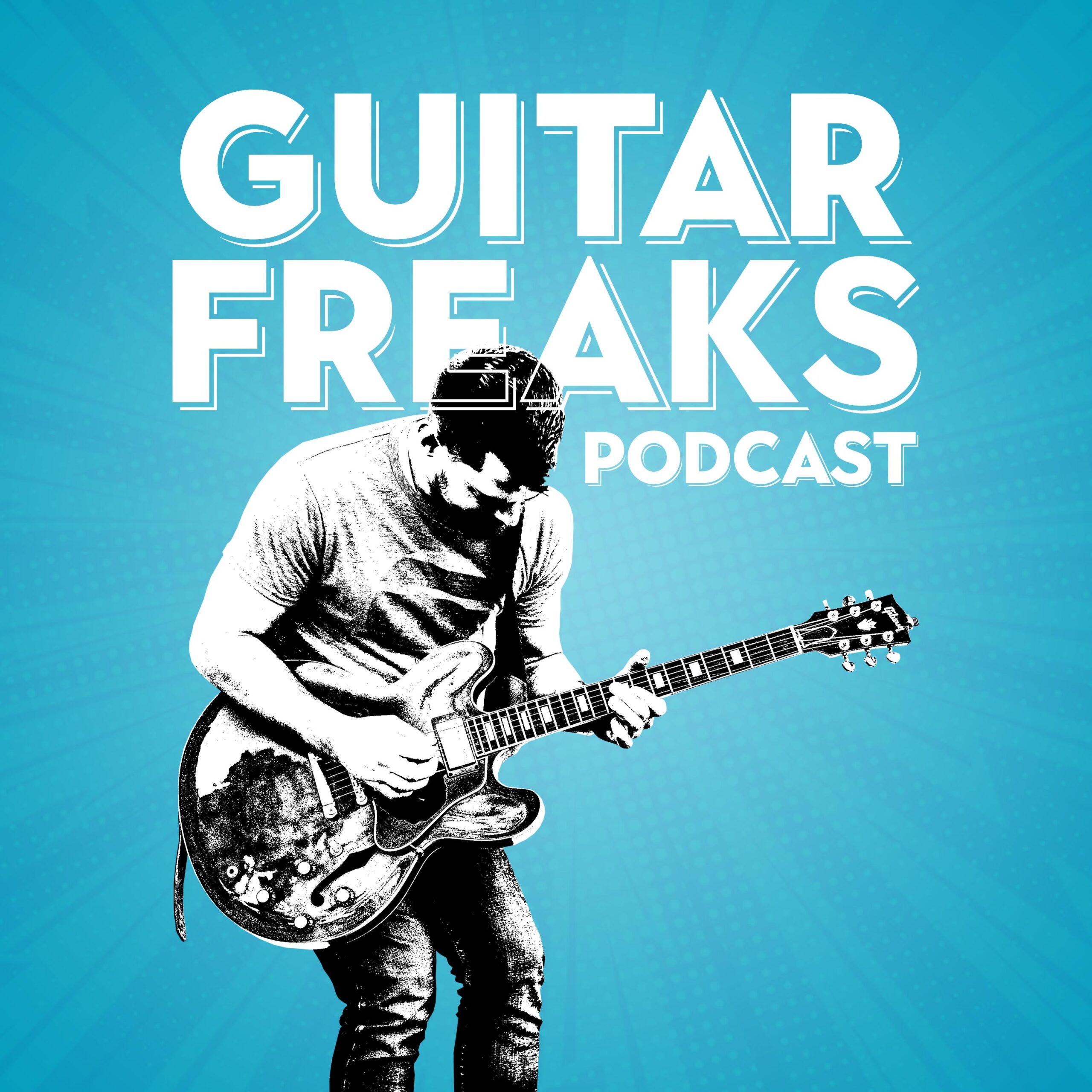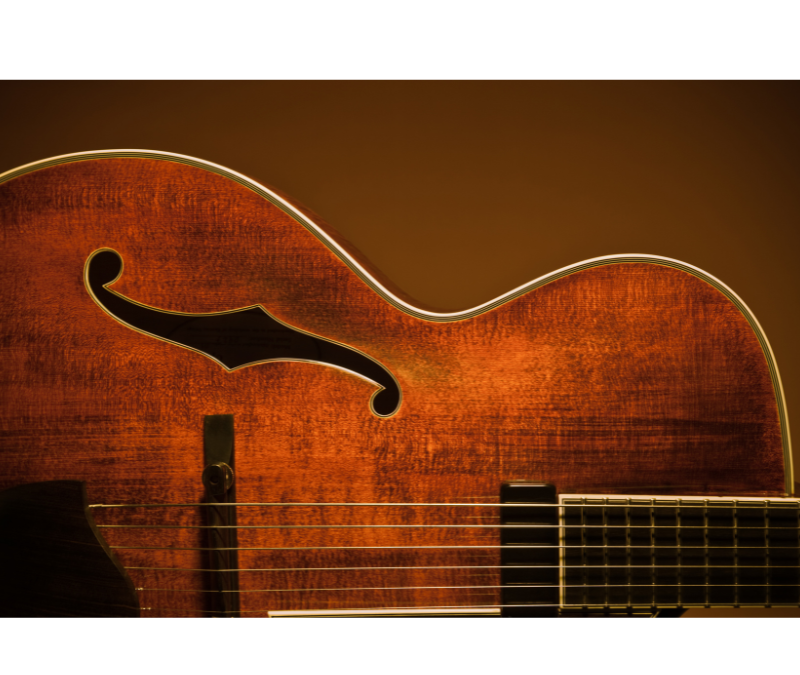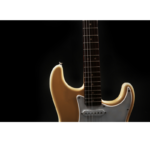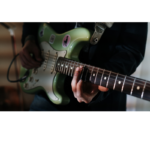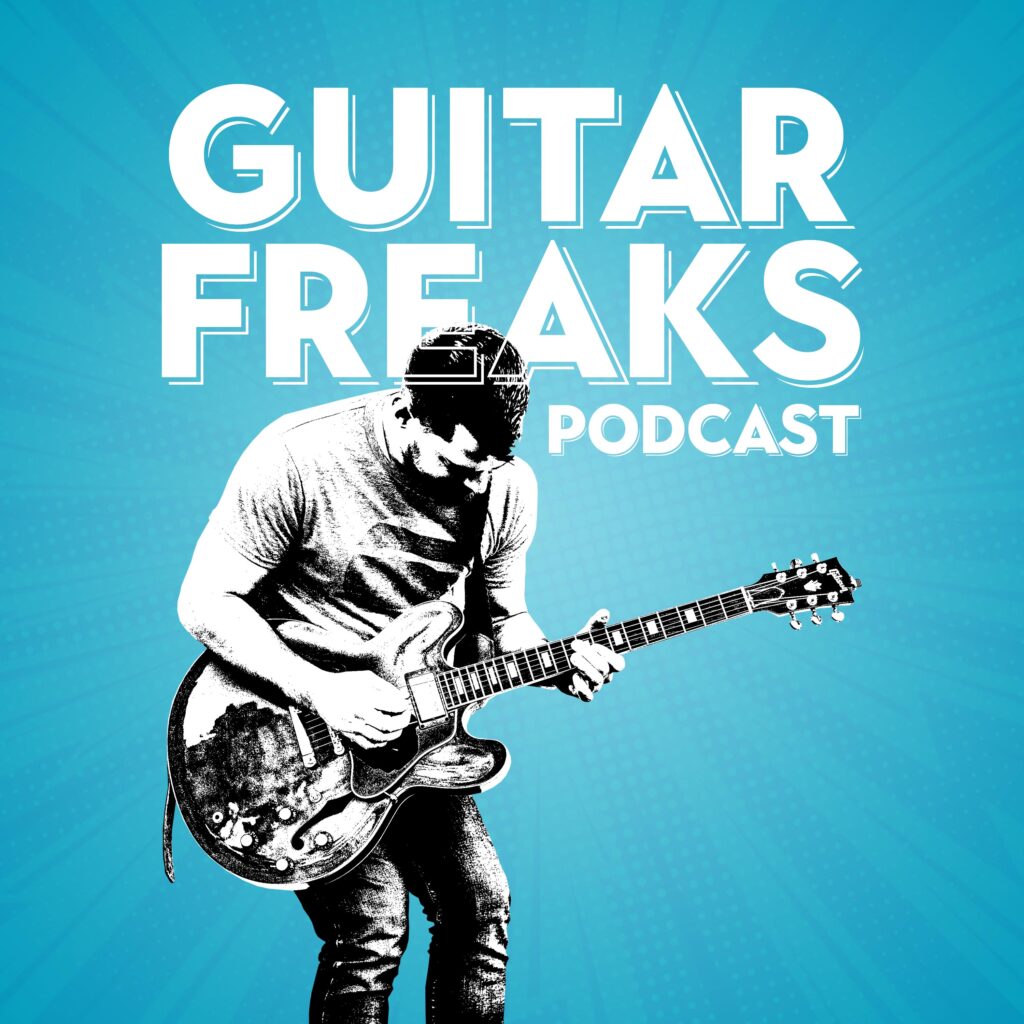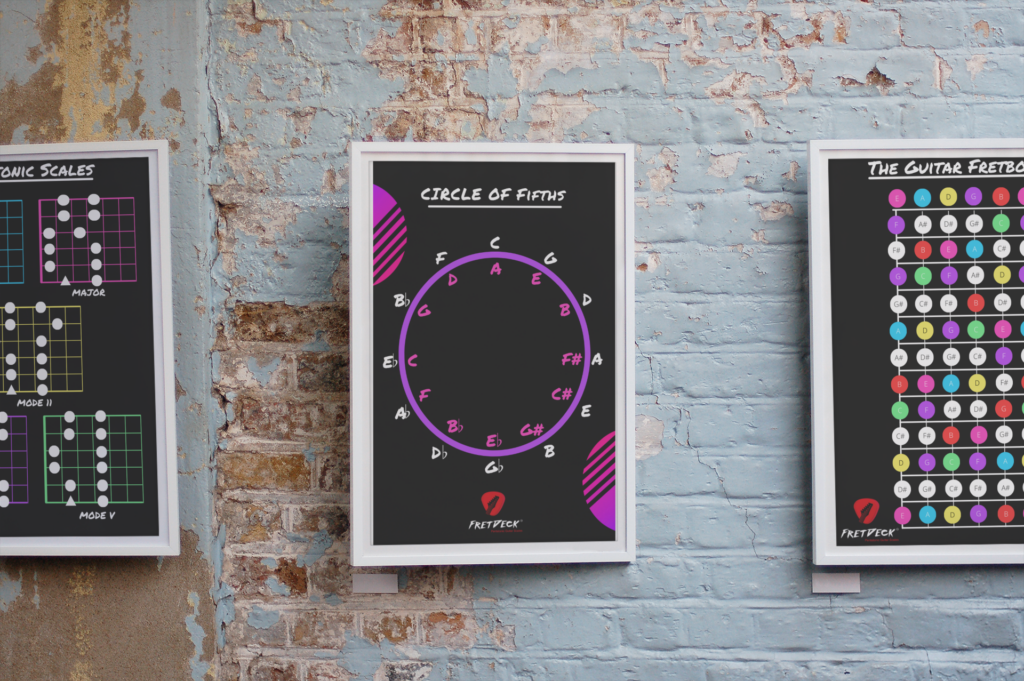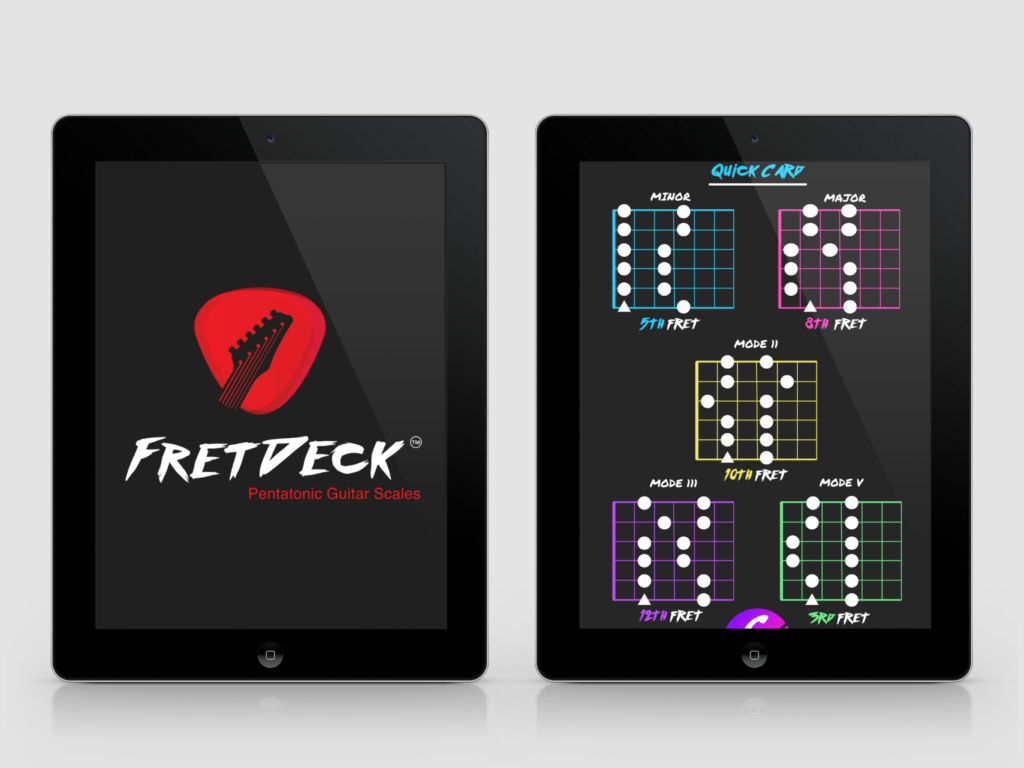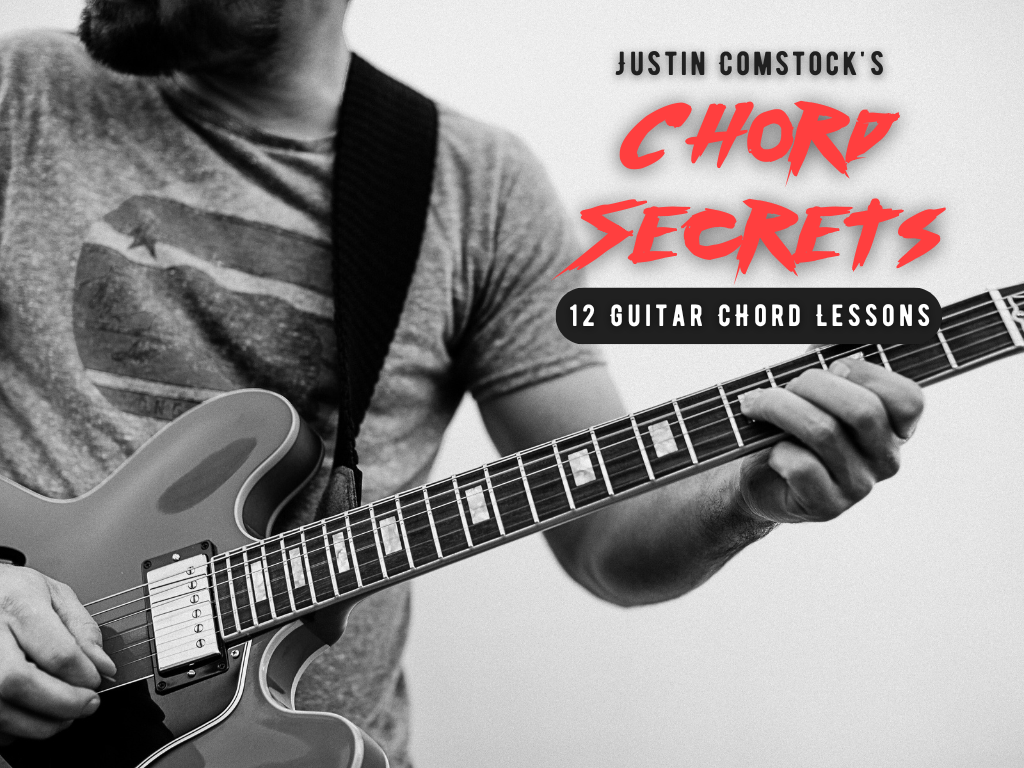Jazz guitar scales are the foundation of improvisation, melodic phrasing, and chord voicing. If you want to play jazz fluently, you need to know which scales to use over different chords and how to apply them in real-world playing.
In this guide, you’ll learn:
✅ The 7 must-know jazz guitar scales (with scale diagrams & examples)
✅ How each scale fits into common jazz progressions (like ii-V-I)
✅ Pro techniques to improvise with confidence
✅ How JazzCraft helps you master these scales faster
✅ Why joining our Guitar Freaks Discord will accelerate your progress
If you’re serious about jazz guitar, these scales and techniques will change your playing forever.
What Are Jazz Guitar Scales?
A jazz guitar scale is simply a series of notes that fit over a specific chord or progression. Unlike rock and blues, where the pentatonic scale dominates, jazz relies on modes, altered scales, and bebop phrasing to create complex, expressive lines.
The most essential jazz guitar scales include:
✔ Dorian Mode – Perfect for minor chords
✔ Mixolydian Mode – Ideal for dominant 7th chords
✔ Melodic Minor Scale – Creates smooth, sophisticated sounds
✔ Lydian Mode – Adds a floating, modern feel
✔ Bebop Scale – Ensures strong phrasing and rhythmic flow
✔ Phrygian Mode – Great for Latin jazz & modal playing
✔ Altered Scale – Adds tension over dominant chords
These scales form the backbone of jazz improvisation and can be heard in bebop, fusion, swing, and modern jazz styles.
1. Dorian Mode – The Go-To Scale for Minor Chords
🎸 Use Dorian over: Minor 7th chords (ii in ii-V-I progressions)
✔ Scale Formula: 1 – 2 – b3 – 4 – 5 – 6 – b7
✔ Example in C: C – D – E♭ – F – G – A – B♭
✅ Practice Tip: Focus on emphasizing the 6th note (A in C Dorian) to highlight the smooth, jazzy sound.
2. Mixolydian Mode – The Scale for Dominant 7th Chords
🎸 Use Mixolydian over: V7 chords in ii-V-I progressions
✔ Scale Formula: 1 – 2 – 3 – 4 – 5 – 6 – b7
✔ Example in G: G – A – B – C – D – E – F
✅ Pro Tip: The b7 note (F in G Mixolydian) is what gives this scale its signature dominant sound.
3. Melodic Minor Scale – The Jazz Sound of Modern Solos
🎸 Use Melodic Minor over: Minor-major 7 chords, altered dominants
✔ Scale Formula: 1 – 2 – b3 – 4 – 5 – 6 – 7
✔ Example in C: C – D – E♭ – F – G – A – B
✅ Why It Works: The raised 6th and 7th create smoother, more sophisticated melodies than the natural minor scale.
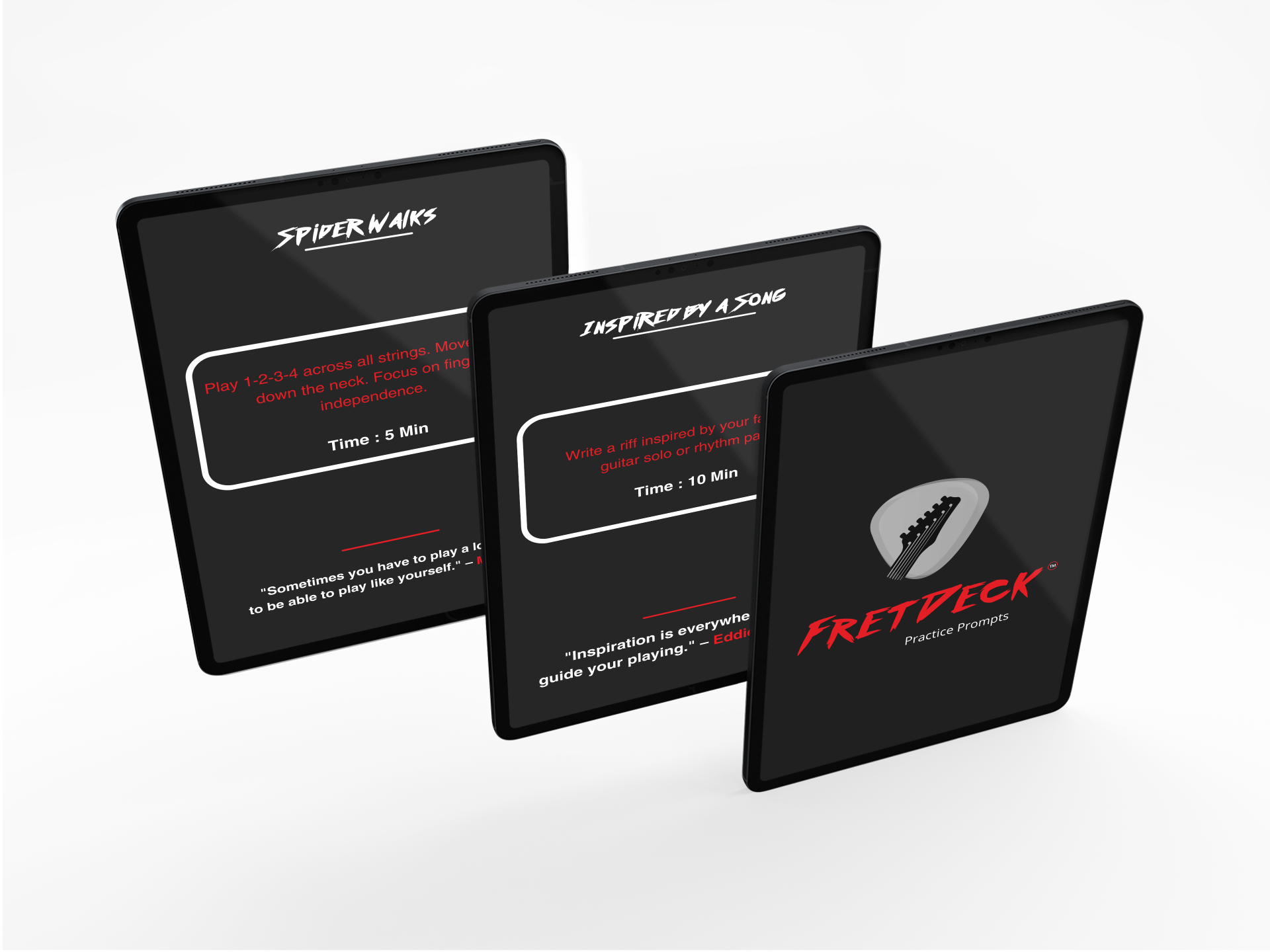
The Simple Guitar Practice System That Eliminates Guesswork
So You Can Stop Stalling… and Start Sounding Better Every Time You Pick Up the Guitar
👉 Get 52 Practice Prompts Now!
4. Lydian Mode – A Modern Jazz Favorite
🎸 Use Lydian over: Major 7th chords (Imaj7 in ii-V-I)
✔ Scale Formula: 1 – 2 – 3 – #4 – 5 – 6 – 7
✔ Example in F: F – G – A – B – C – D – E
✅ Pro Tip: Emphasize the #4 (B in F Lydian) for a bright, open sound perfect for modern jazz fusion.
5. Bebop Scale – The Secret to Strong Jazz Phrasing
🎸 Use Bebop over: Major and dominant chords for a rhythmic feel
✔ Scale Formula: 1 – 2 – 3 – 4 – 5 – 6 – b7 – 7
✔ Example in C: C – D – E – F – G – A – B♭ – B
✅ Why It Works: Adds a passing tone to land chord tones on strong beats, making your solos sound more swinging & fluid.
6. Phrygian Mode – The Scale for Latin Jazz & Exotic Sounds
🎸 Use Phrygian over: Minor 7th chords for a darker, modal sound
✔ Scale Formula: 1 – b2 – b3 – 4 – 5 – b6 – b7
✔ Example in E: E – F – G – A – B – C – D
✅ Pro Tip: The b2 note (F in E Phrygian) adds instant tension, making this scale perfect for Latin jazz.
7. Altered Scale – The King of Tension & Resolution
🎸 Use Altered over: Dominant 7th chords (V7) leading to resolution
✔ Scale Formula: 1 – b2 – #2 – 3 – b5 – #5 – b7
✔ Example in G: G – A♭ – B♭ – B – D♭ – E♭ – F
✅ Why It Works: This scale contains every altered note (b9, #9, b5, #5), creating maximum tension over dominant chords.
Master Jazz Guitar Scales Faster with JazzCraft
🔥 What is JazzCraft?
✔ Step-by-step guide to jazz scales & improvisation
✔ Advanced soloing techniques explained clearly
✔ Real-world jazz licks & exercises
👉 Download JazzCraft & Master Jazz Scales Now!

The Simple Guitar Practice System That Eliminates Guesswork
So You Can Stop Stalling… and Start Sounding Better Every Time You Pick Up the Guitar
👉 Get 52 Practice Prompts Now!
🎸 Join Our Jazz Guitar Discord – Get Feedback & Jam with Others
If you’re serious about jazz improvisation, you need a community of guitarists to learn from.
🔹 Inside our Guitar Freaks Hangout, you’ll get:
🎶 Live Q&A sessions with pro jazz players
🔥 Exclusive backing tracks to practice over
🎸 Personal feedback on your playing
➡ Join Guitar Freaks Discord Now!
➡ To further enhance your jazz improvisation skills, explore our comprehensive guide on “Top 10 Jazz Guitar Licks Every Player Should Know.” This resource delves into essential licks that can elevate your playing and deepen your understanding of jazz phrasing. Guitar Freaks Blog

The Simple Guitar Practice System That Eliminates Guesswork
So You Can Stop Stalling… and Start Sounding Better Every Time You Pick Up the Guitar
👉 Get 52 Practice Prompts Now!
